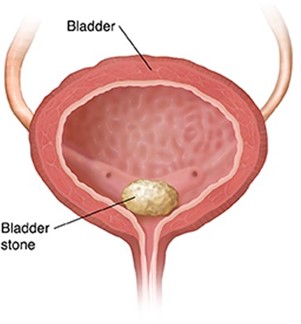Following a serious thermal burn, which complication will the nurse take action to prevent first?
Tissue hypoxia.
Cardiac failure.
Hypovolemia.
Infection.
The Correct Answer is C
Hypovolemia. Following a serious thermal burn, the nurse takes action to prevent hypovolemia, which can result from fluid loss due to the burn. Hypovolemia can lead to hypoperfusion of vital organs, including the kidneys, and can cause acute renal failure. Preventing hypovolemia is critical to preventing other complications such as tissue hypoxia, cardiac failure, and infection.
A. Tissue hypoxia and cardiac failure are consequences of hypovolemia due to decreased blood flow to organs.
D. Infection is not the immediate complication to prevent but is a potential complication following burn injury.
Nursing Test Bank
Naxlex Comprehensive Predictor Exams
Related Questions
Correct Answer is ["A","B","C"]
Explanation
Polydipsia, Polyuria, and Polyphagia. These are the three P's of hyperglycemia, which are common symptoms of diabetes. Polydipsia refers to excessive thirst, polyuria refers to excessive urination, and polyphagia refers to excessive hunger. These symptoms are caused by high blood glucose levels in the body.
Polyhydramniosrefers to excessive amniotic fluid in the uterus during pregnancy, and it is not a sign or symptom of diabetes.
Correct Answer is B
Explanation
Low purine. Uric acid stones may form due to high levels of uric acid in the urine. A low purine diet that restricts meat, seafood, and alcohol may help to reduce uric acid levels in the body.

Option A: Low oxalate is not a correct answer as it is a diet recommended for those with calcium oxalate stones.
Option C: High sodium is not a correct answer as it may increase the risk of kidney stones by increasing urinary calcium excretion.
Option D: High protein is not a correct answer as it may increase the risk of kidney stones due to increased urinary excretion of calcium, oxalate, and uric acid.
Whether you are a student looking to ace your exams or a practicing nurse seeking to enhance your expertise , our nursing education contents will empower you with the confidence and competence to make a difference in the lives of patients and become a respected leader in the healthcare field.
Visit Naxlex, invest in your future and unlock endless possibilities with our unparalleled nursing education contents today
Report Wrong Answer on the Current Question
Do you disagree with the answer? If yes, what is your expected answer? Explain.
Kindly be descriptive with the issue you are facing.
